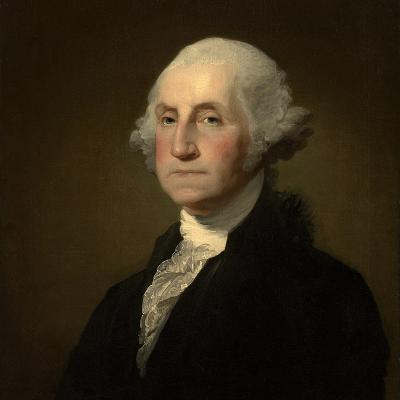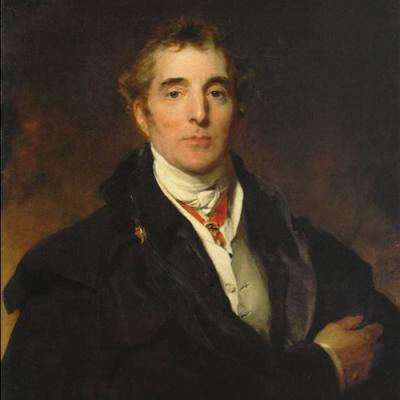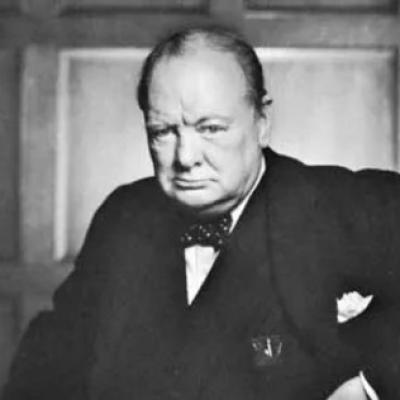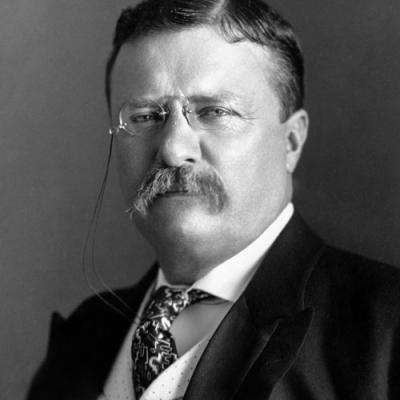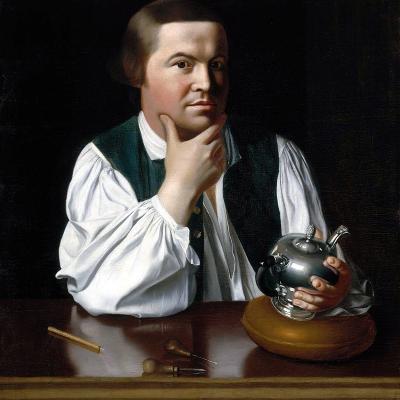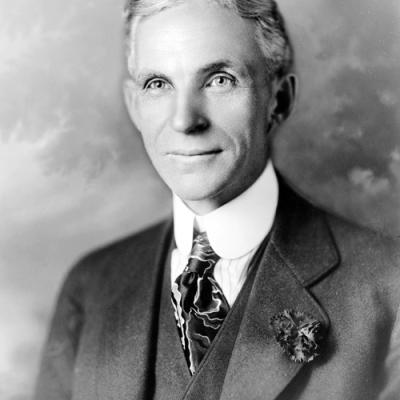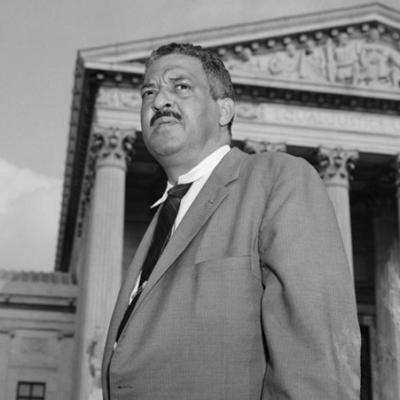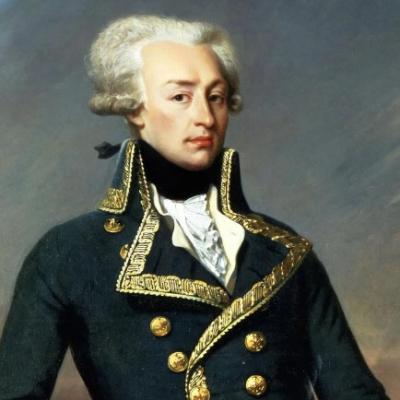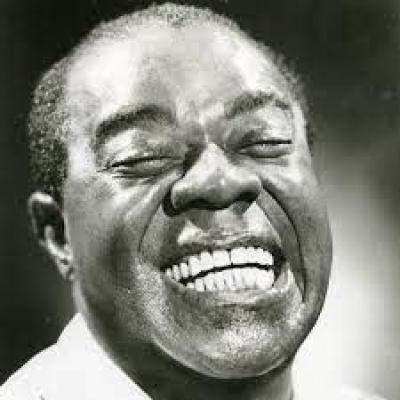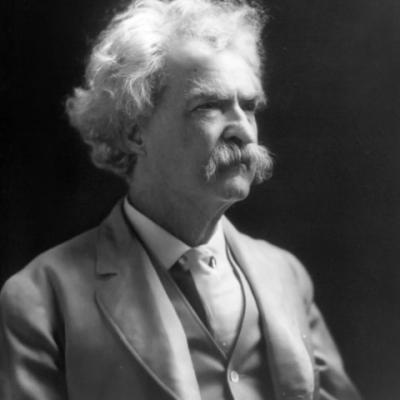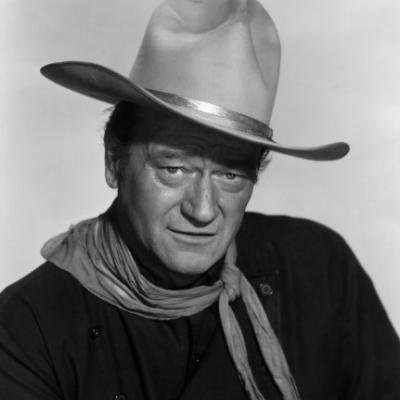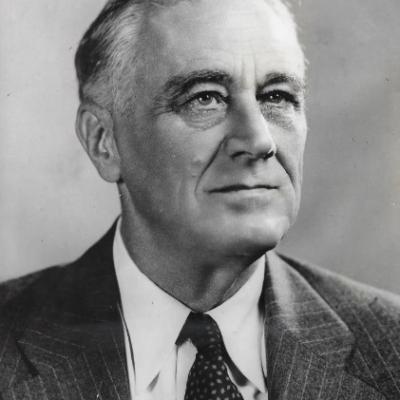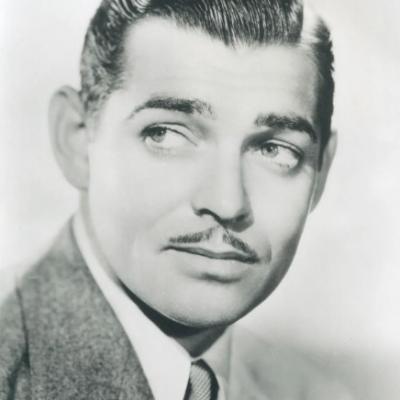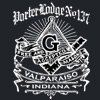This article aims to provide you with a brief introduction to Freemasonry and its central institution, the "Blue" Lodge, or Symbolic Lodge, as it is more appropriately known. Every man's journey into Freemasonry commences within a Symbolic Lodge, where he undergoes the initial three Degrees in Masonry. These Degrees are commonly referred to as the Entered Apprentice, Fellowcraft, and Master Mason Degrees, or simply the 1st, 2nd, and 3rd Degrees. Our Degrees are characterized by profound rituals and symbolism, designed to awaken a higher ideal within one's consciousness.
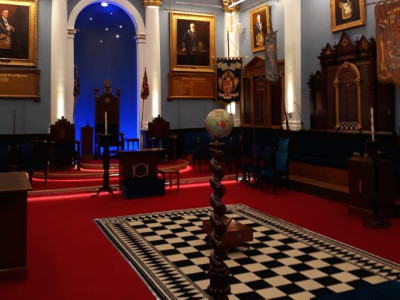
Freemasonry is an exclusive and private organization, not accessible to the general public but rather to individuals who share similar persuasions and ideals. While each person is unique, a common belief in the Brotherhood of humanity and a higher power, whom we in Masonry refer to as the Supreme Architect of the Universe, unites us. The fundamental principles of Masonry are Brotherhood, Relief, and Truth. We embrace the notion that all individuals are equal, irrespective of their material wealth, social status, race or creed and we strive to alleviate the suffering and troubles of our fellow human beings, regardless of their affiliation with the Fraternity.
Masonic Lodges, also known as "Blue" Lodges, serve as meeting places for Freemasons. These Blue Lodges can be found in numerous towns and cities worldwide. Local Blue Lodges are organized under a governing body called the Grand Lodge. Each state or jurisdiction has its own Grand Lodge, which oversees the activities of all Blue Lodges within its territory. To join a Blue Lodge, one typically interacts with a member from the desired Lodge, who acts as a guide throughout the membership and initiation process. Prior to becoming a Freemason, an individual must receive recommendations from two Brothers and undergo a thorough investigation by the Lodge's Committee to ensure their good character.
- Details
- Hits: 2397

Our Membership Process
Your involvement in Freemasonry starts with simply asking to be considered for membership and choosing a local lodge you would like to petition. Our fraternity is open to responsible adult men (18 and above), of good character, with a belief in a Supreme Being, and without regard to religion, race, income, education, or political opinion.
Sign up to be contacted by a membership liaison. You may contact any lodge and set up a time to meet with some of the Masons of that lodge to get a feel for the experience at that location. There may be several lodges near you, and it is your choice which lodge to petition. You are encouraged to find the one you feel most comfortable with, which may not necessarily be the closest.
Next, you need to complete a membership petition and submit it to the lodge you have chosen. An initiation fee, generally $75 to $200 (this amount is determined by the local lodge), accompanies the petition. Within approximately 45 days, someone from the lodge will contact you for an interview. During this time period, you will need to submit information for a background check, this will help verify the information you provide on your petition. The Lodge Secretary or a Member will help you with this process, it is very easy. Use this opportunity to ask any questions you might have. Your spouse, friend, or parent is also encouraged to attend this interview and even to tour the lodge itself. Your references will also be contacted and asked to answer some general questions about you.
![]()
This process is just so we can get a better understanding of the candidate and ensure they meet our requirements. The lodge, at its next meeting, will then vote on your petition.
If your petition is approved, you are on your way to becoming an Indiana Freemason.
Basic Indiana Freemason Membership Requirements:
Be a man at least 18 years of age
Be of good moral character
A Belief in God
Ask to join
A resident of Indiana (Minimum 6 months)
Contact Porter Lodge No.137 | Background Check Website 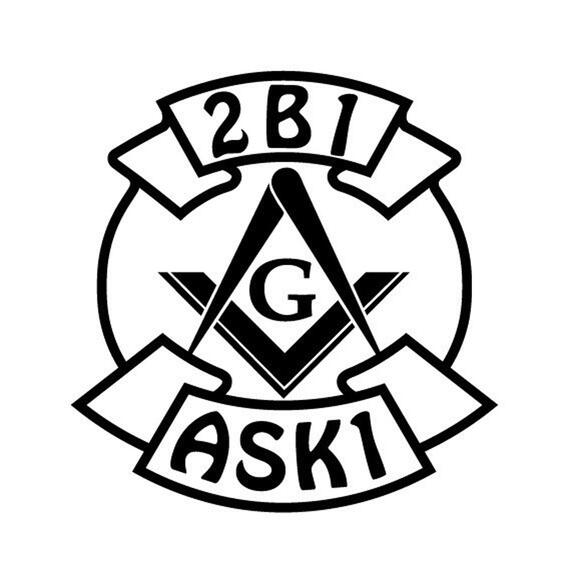
- Details
- Hits: 1989
Porter Lodge No. 137, as an organization rooted in the principles of Freemasonry, encourages its members to be actively involved in the communities. Community involvement is an important aspect of Masonic philosophy, as it aligns with the core values of charity, benevolence, and the pursuit of knowledge. Here are some common ways in which a Porter Lodge may engage in community involvement:
1. Charitable Activities: We frequently engage in charitable endeavors to support various causes. This can include fundraising events, donations to local charities, and volunteering for community service projects. The Lodge often organize initiatives to address issues such as poverty, education, healthcare, and disaster relief.
2. Scholarships and Educational Programs: Our Masonic organizations may offer scholarships and educational programs to support local students. These initiatives can include financial assistance for college or vocational education, mentoring programs, and recognition of academic achievements.
3. Public Events: Masonic lodges may organize or participate in public events aimed at promoting community cohesion. This can involve hosting open houses, public lectures, or cultural events that are accessible to the wider community. Such activities provide opportunities for dialogue, education, and fostering understanding among people from diverse backgrounds.
4. Masonic Youth Organizations: Masonic lodges often sponsor youth organizations such as the Order of DeMolay for boys or the International Order of the Rainbow for Girls. These organizations focus on character development, leadership training, and community service. Masonic lodges support and mentor these youth groups, encouraging their members to engage in community-oriented activities.
5. Blood Drives and Health Initiatives: Wes organize blood drives in collaboration with local blood banks or healthcare organizations. Additionally, we support health initiatives by organizing health fairs, providing free medical screenings, or promoting awareness campaigns on topics like mental health, disease prevention, or healthy living.
6. Historical Preservation: Given the historical significance of Freemasonry, some lodges actively participate in historical preservation efforts. This can involve restoration projects for Masonic buildings, cemeteries, or monuments, as well as educational programs that explore the historical impact of Freemasonry on society. Our Lodge does the same.
7. Moral and Ethical Education: Masonic lodges often promote moral and ethical education among their members and the wider community. This can be done through seminars, workshops, or public lectures on topics like ethics, personal development, and responsible citizenship.
It's important to note that the specific community involvement activities of a Masonic lodge may vary depending on the lodge's location, size, resources, and the interests of its members. Each lodge has the flexibility to determine how it can best serve its community while upholding the principles of Freemasonry.
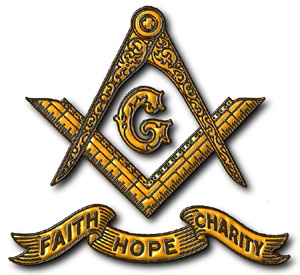
- Details
- Hits: 1128
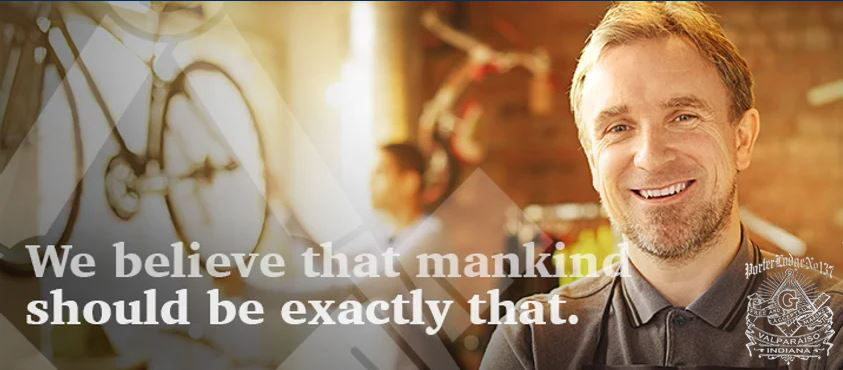
The bad thing about the basic tenets of Freemasonry is that they don’t change very much. And the good thing about the basic tenets of Freemasonry is that they don’t change very much.
The simple concepts and goals of Freemasonry apply as much to today’s world as they did to our grandparents’, and they’re certainly needed every bit as much now as they ever were:
- Making good men better ones: Freemasonry was never intended as a refuge for fallen men in need of reformation. It doesn’t save souls, cure alcoholism, reform straying husbands, or put chiseling CEOs back on the road to honesty. In fact, its rules and customs are specifically designed to keep such men out. Freemasonry has always had standards of conduct for members and hopefuls.
- Building confidence: The lodge lets you bond with a small group of men from all walks of life and get to know them on an individual basis. Performing the ritual ceremonies gives members confidence and experience speaking in public, along with connecting them to traditions that go back a thousand years.
- Fostering brotherly love: Freemasonry’s ceremonies join men from diverse backgrounds and from all over the world through common experiences shared in the lodge room. Freemasonry brings together men who might otherwise never have met, and it cuts across all social, economic, racial, religious, and political lines.
- Offering relief: Freemasonry encourages its members to take a greater part in the community. It inspires Masons to volunteer, to donate, and to become engaged in their neighborhoods, places of worship, and governments.
- Searching for truth: Lodges are not places of worship and lodge meetings and rituals are not intended as a substitute for going to church, temple, or mosque. Freemasonry does encourage its members to take more-active roles in their religious communities.
- Providing timeless principles: The principles of Masonry are simple. Reduced to their most basic level, Masonry provides its members with a place to go for a while to escape the strife and struggle of the outside world, leaving the most contentious topics between men outside its lodge-room doors.
Freemasonry has always changed to accommodate the needs of its members throughout its history, while retaining its character, forms, and overall philosophy.
Author: Christopher Hodapp
- Details
- Hits: 1415
|
George Washington
Irving Berlin
Theodore Roosevelt
Louis Armstrong
Franklin D. Roosevelt
Ludwig van Beethoven
Harry S. Truman
Andrew Jackson
Mark Twain
Benjamin Franklin
Oscar Wilde
Norman Vincent Peale
Sir Alexander Fleming
Edwin E. “Buzz” Aldrin, Jr.
Winston Churchill
John Jacob Astor
Edward VII, King of England
Christopher Wren
Frederick the Great, King of Prussia
Kemal Ataturk, Father of modern Turkiye
Henry Ford
Francis II, Holy Roman Emperor
Duke Ellington
Harpo Marx
Oliver Hardy
Peter Sellers
Charles Lindbergh
|
Arnold Palmer
George VI, King of England during W.W. II
Denton True “Cy” Young
Marquis de Lafayette, French Supporter of American Freedom
Cecil B. DeMille
Alexandre Millerand, President of France
John Wayne
Harry Houdini
Peter the Great, Emperor of Russia
J. C. Penny
Walter Chrysler
Thurgood Marshall
Buffalo Bill Cody
Paul Revere
Lewis and Clark
Duke of Wellington
Rudyard Kipling
Sir Arthur Conan Doyle
Lord Nelson
Alexander Eiffel
Gutzon Borglum, Mount Rushmore
Frederick Bartholdi, Statue of Liberty
Louis Armstrong
Clark Gable
C.W. Mayo, founder of Mayo Clinic
James Watt (1736-1819) inventor of the steam engine. Initiated 1763
James Smithson, founder of the Smithsonian Institute in Washington, DC
|
- Details
- Hits: 1626
